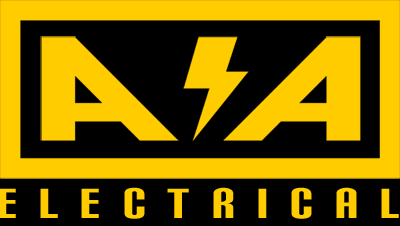Electricl Safety Tips
According to a recent estimate, approximately three people die each day in residential electrical-related incidences in the home. A great many of those are related to problems at the outlets, power cords and extension cords. To help reduce those numbers, United Cooperative Services is encouraging members to Plug Into Electrical Safety.
The latest statistics from the U.S. Consumer Product Safety Commission (CPSC) show that between 1994 and 1998, an average of 165,380 electrical related home structure fires accounted for an annual average of 910 deaths, nearly 7,000 injuries and nearly $1.7 billion in property damage. In 2000, there were an estimated 150 accidental electrocutions related to consumer products, down from an annual average of approximately 173.
“The key to preventing potentially fatal, destructive and traumatic electrical fires, shock injuries and electrocution is awareness,” said Warren Stanley, United’s Job Training & Safety/Loss Control Director. “Before plugging into electricity, plug into electrical safety.”
The following are a few safety tips suggested by United and the Electrical Safety Foundation International:
Outlets
- Have a qualified, licensed electrician inspect your outlets and electrical system.
- Plugs should fit fully and securely into outlets but should not be forced.
- Make sure there are safety covers on all unused outlets to protect children.
- If an outlet or switch wall plate is hot or discolored by heat, shut off the circuit and have it professionally checked.
- Have additional outlets installed where you need them instead of relying on extension cords and power strips.
Power cords and extension cords
- Check that all electrical items, including extension cords, are certified by a nationally recognized independent testing lab.
- Extension cords should only be used on a temporary basis; unplug and safely store them after every use.
- Do not place power cords and extension cords in high traffic areas or under carpets, rugs or furniture and never nail or staple tem to the wall or baseboard.
- Never remove the group pin (the third prong) to make a three-prong plug fit a two-prong outlet.
- Make sure extension cords are properly rated for their intended use, indoor and outdoor, and meet or exceed the power needs of the appliance or tool being used.
- All electrical items and extension cords should be kept in good condition. If damage is discovered, take the item to an authorized repair center or cut the cord and dispose of it safely.
GFCIs and AFCIs
- Make sure your home includes ground fault circuit interrupters (GFCIs), which prevent accidental electrocution by shutting off the circuit if they sense a “leak” or current off the circuit, and arc fault circuit interrupters (AFCIs), which help prevent fires by shutting off the circuit if they sense arcing where electricity has to jump a gap. Consider installing GFCIs and AFCIs on all circuits except those serving major appliances, which may cause nuisance tripping.
- Test your GFCIs monthly and after every major electrical storm.

